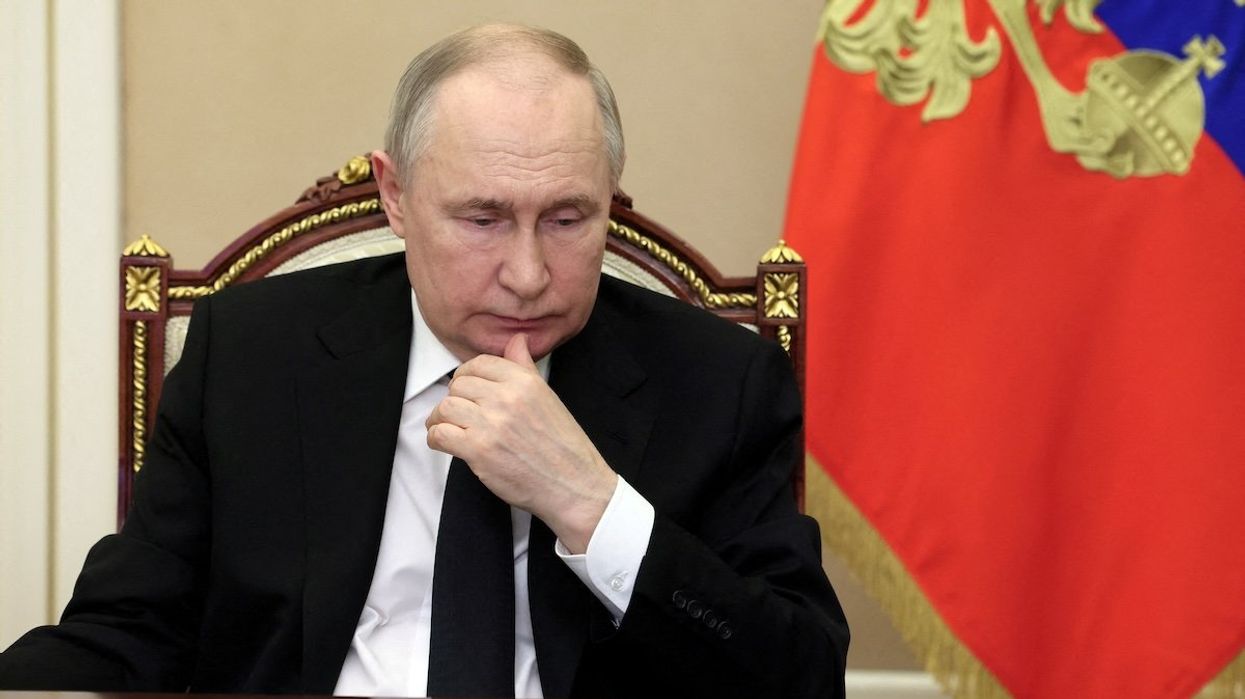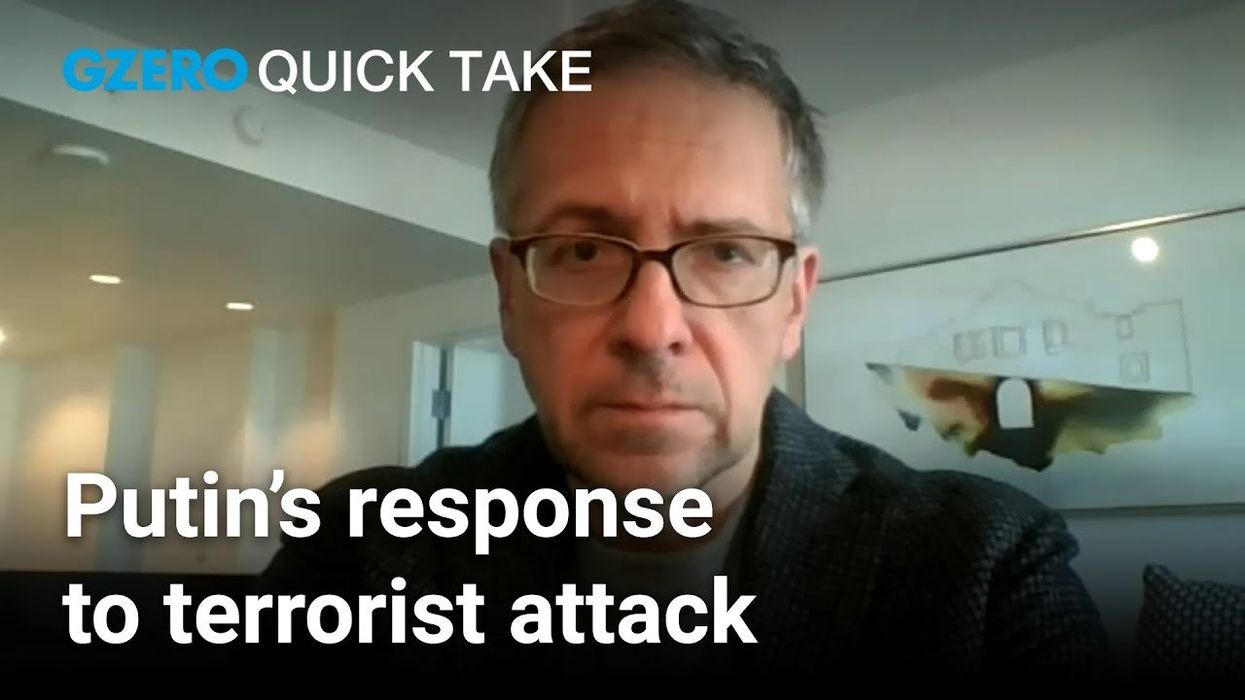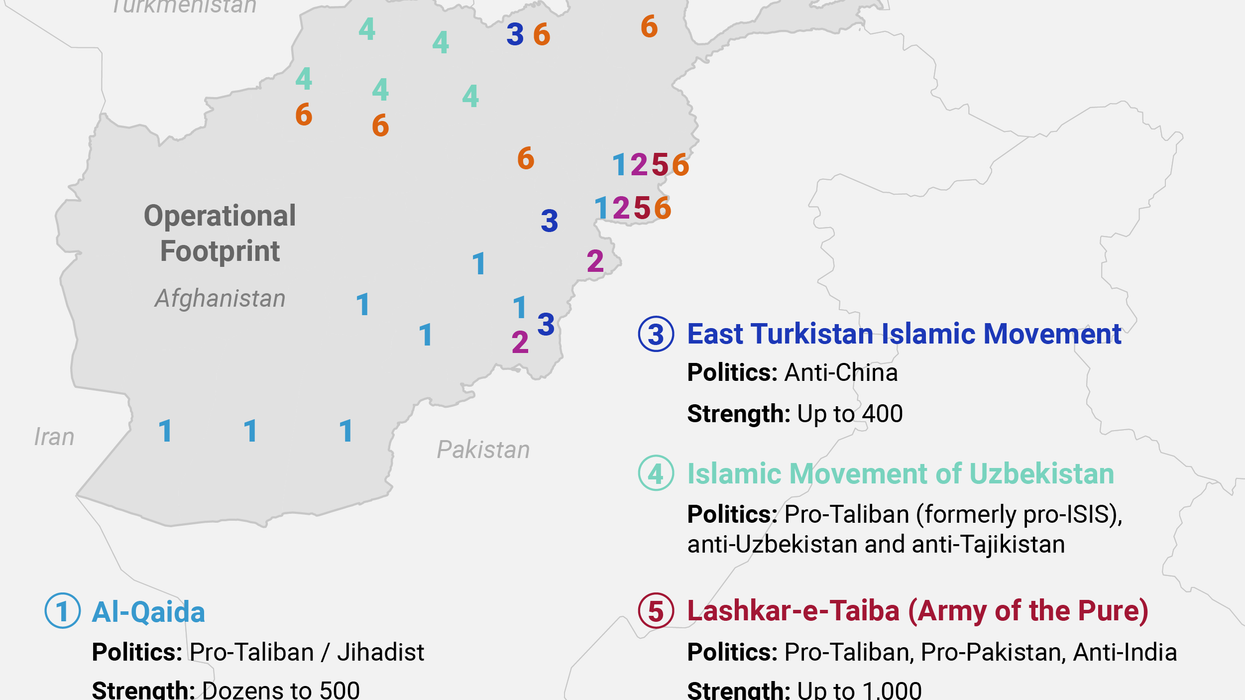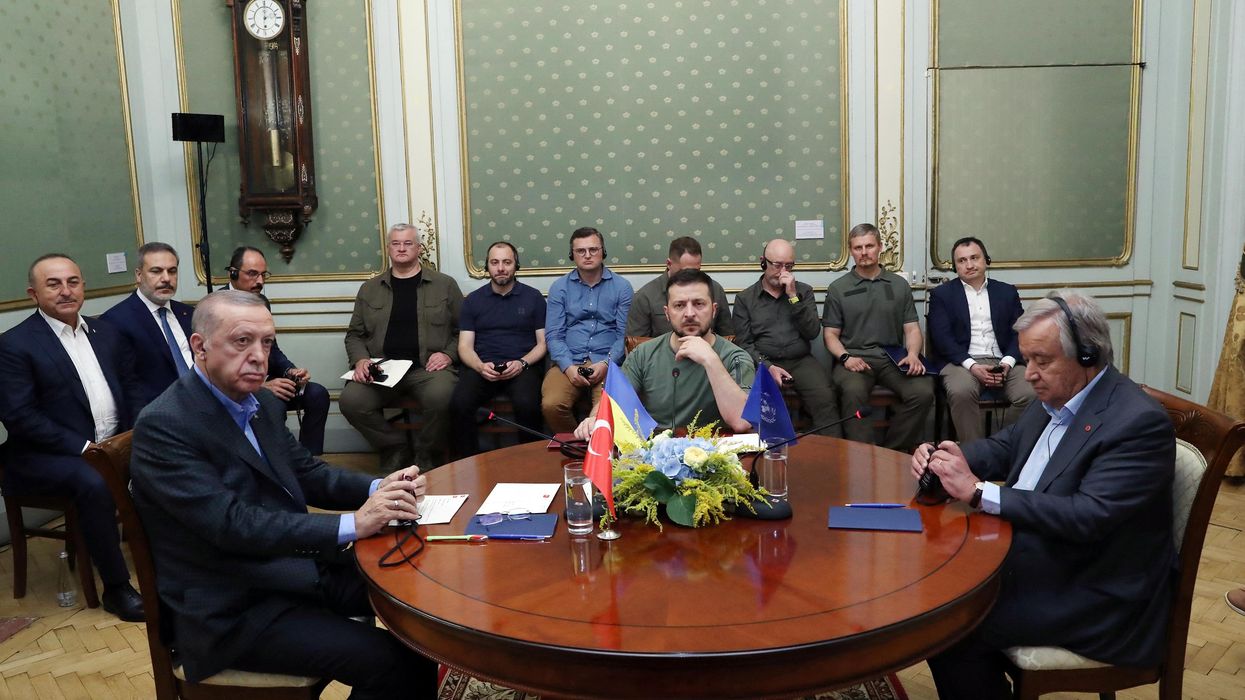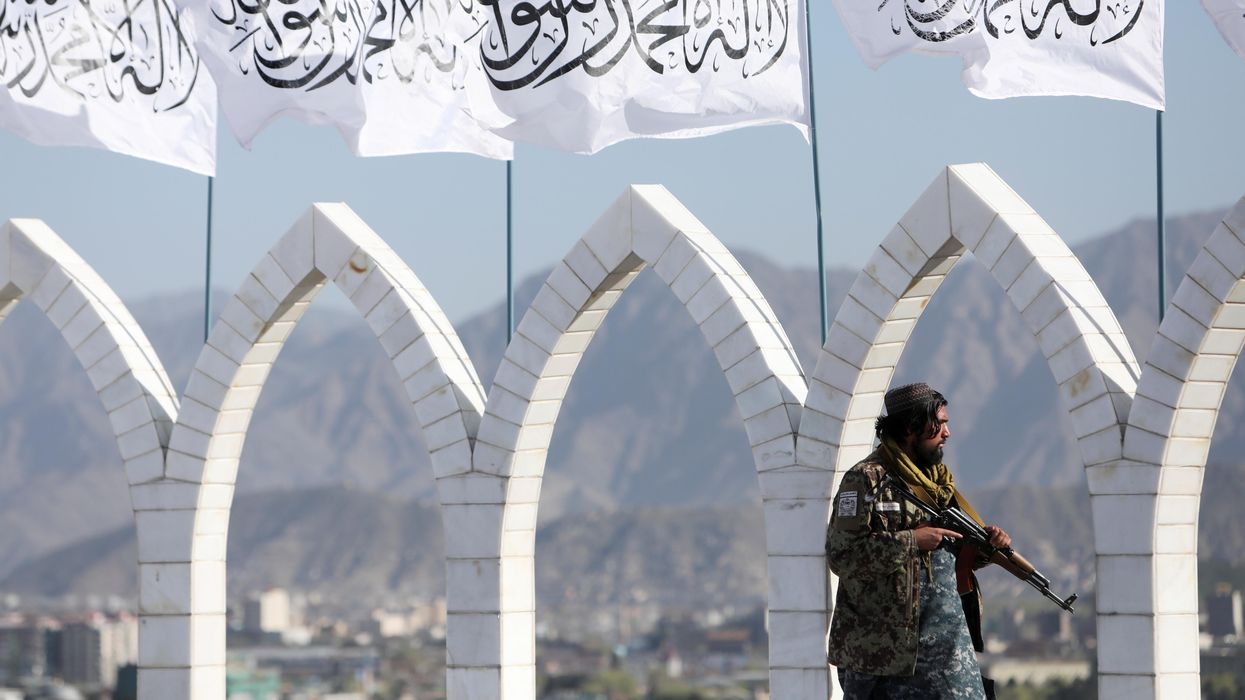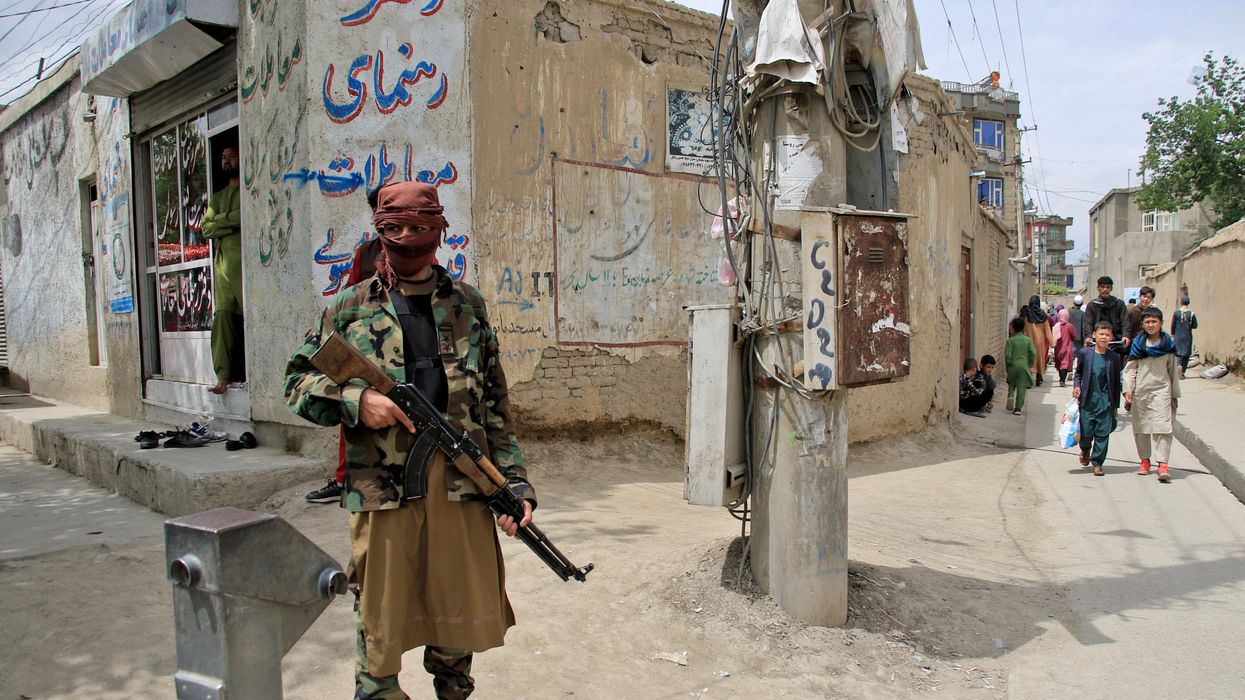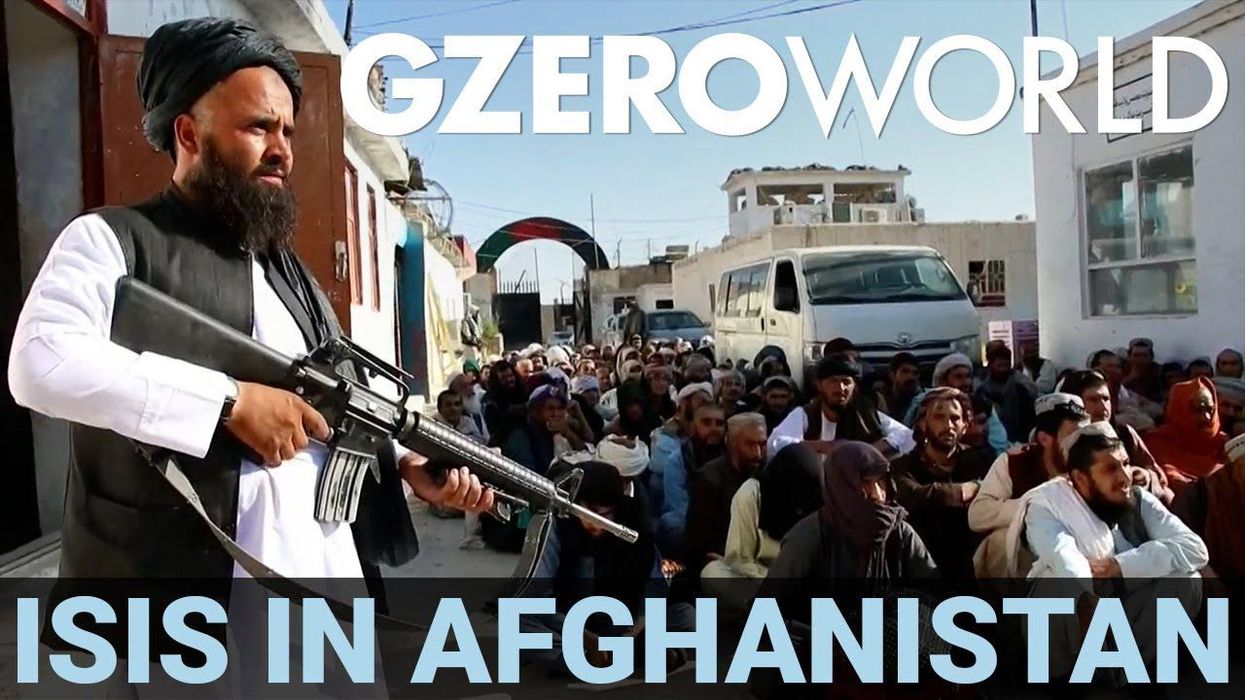GZERO Europe
Does Europe face a resurging terrorist threat after the Moscow attack?
Is the terrorist threat to Europe back after what happened in Moscow? Carl Bildt, former prime minister of Sweden, shares his perspective on European politics from Stockholm.
Apr 01, 2024

